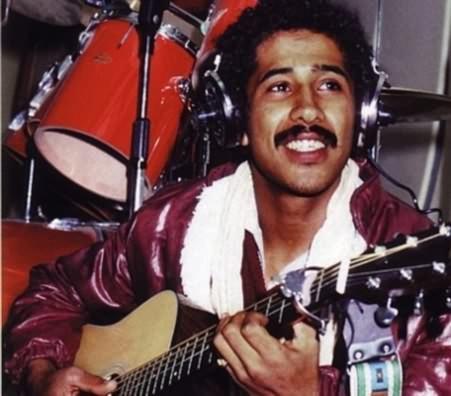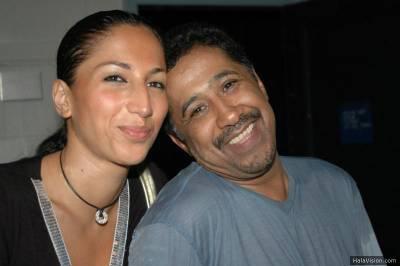

However, such measures paled in comparison to the dark period of the mid-1990s, when Islamist organisations assassinated the popular raï singers Cheb Hassni, Cheb Aziz, Lounès Matoub and Rachid Baba-Ahmed as part of Algeria's bloody civil war. but where?" Algeria's government attempted to stifle the genre by banning the importation of blank cassette tapes and concerts, and at one stage confiscating the passports of singers. Khaled's El Harba Wayn (To Flee, But Where) became a protest anthem in 1988 with lyrics decrying how "the rich gorge themselves, the poor work themselves to death. Raï played a major role in igniting Algerian anti-government protests in the mid-1980s. There were also the Marxists who viewed raï as a form of western cultural imperialism. Understandably, the genre became the scourge of all sorts of powerful groups, including Algeria's military junta, which feared raï's ability to galvanise the youth, and extremist groups decrying its salaciousness. Similar to the blues or punk, the abused and downtrodden found solace in raï songs, which often speak of escape through protest or sheer hedonism. With raï meaning "opinion" in Arabic, the singers are no fence-sitters when it comes to lyrics. It was at this stage that the raï-pop and raï-rock subgenres were born, resulting in artists such as the producer Rachid Baba Ahmed, Belkacem Bouteldja and Cheb Khaled, each tasting international success. With Egyptian classical music holding sway in the Arab world and North Africa in the 1930s, raï artists began incorporating pianos and accordions.īy the 1970s, which brought advanced recording techniques and easier access to music from Europe, the Middle East, the Caribbean and South America, some raï songs adopted reggae riddims as well as synthesizers, electric guitars and drum machines. Early raï compositions showcased an eclectic blend featuring gnawa, flamenco and French cabaret. Raï's musical evolution was often based on both the cultural influences in Oran and the growth of musical technology in Algeria.

Mix each respective community's musical styles with the addition of rugged Bedouin grooves and raï was born, growing to become a regular mainstay of the city's nightlife.

The city's coastal location and its proximity to Morocco and Spain (therefore Europe) resulted in the city's very own French, Arab, Jewish and Spanish quarters. Chafing against conservative attitudes, young Algerians mixed Arabic poetry and traditional folk music with western flavours, including electric instruments, drum patterns and melodies. Raï's cultural origins stem back to the early 1900s in the western Algerian harbour city of Oran. In the third of our eight-part series Music of the Arab World, Saeed Saeed gives us the lowdown on the anti-establishment genre, rai.


 0 kommentar(er)
0 kommentar(er)
